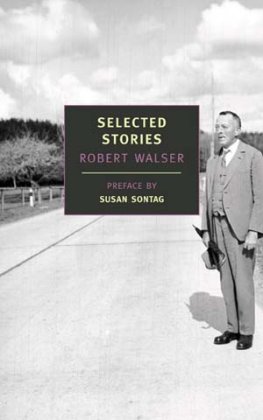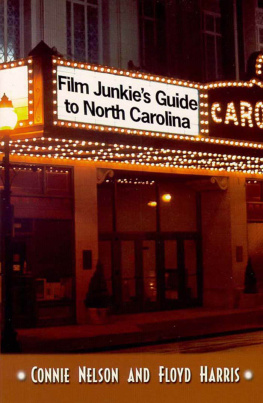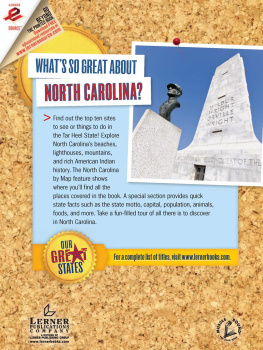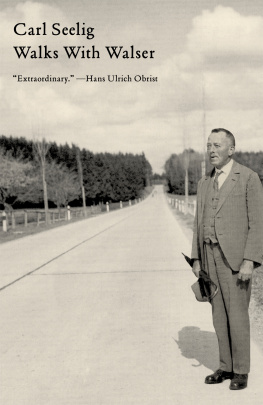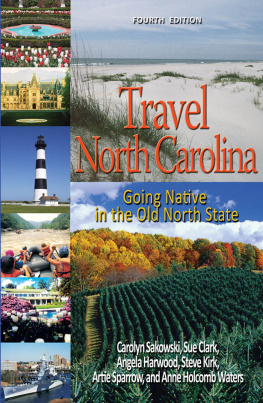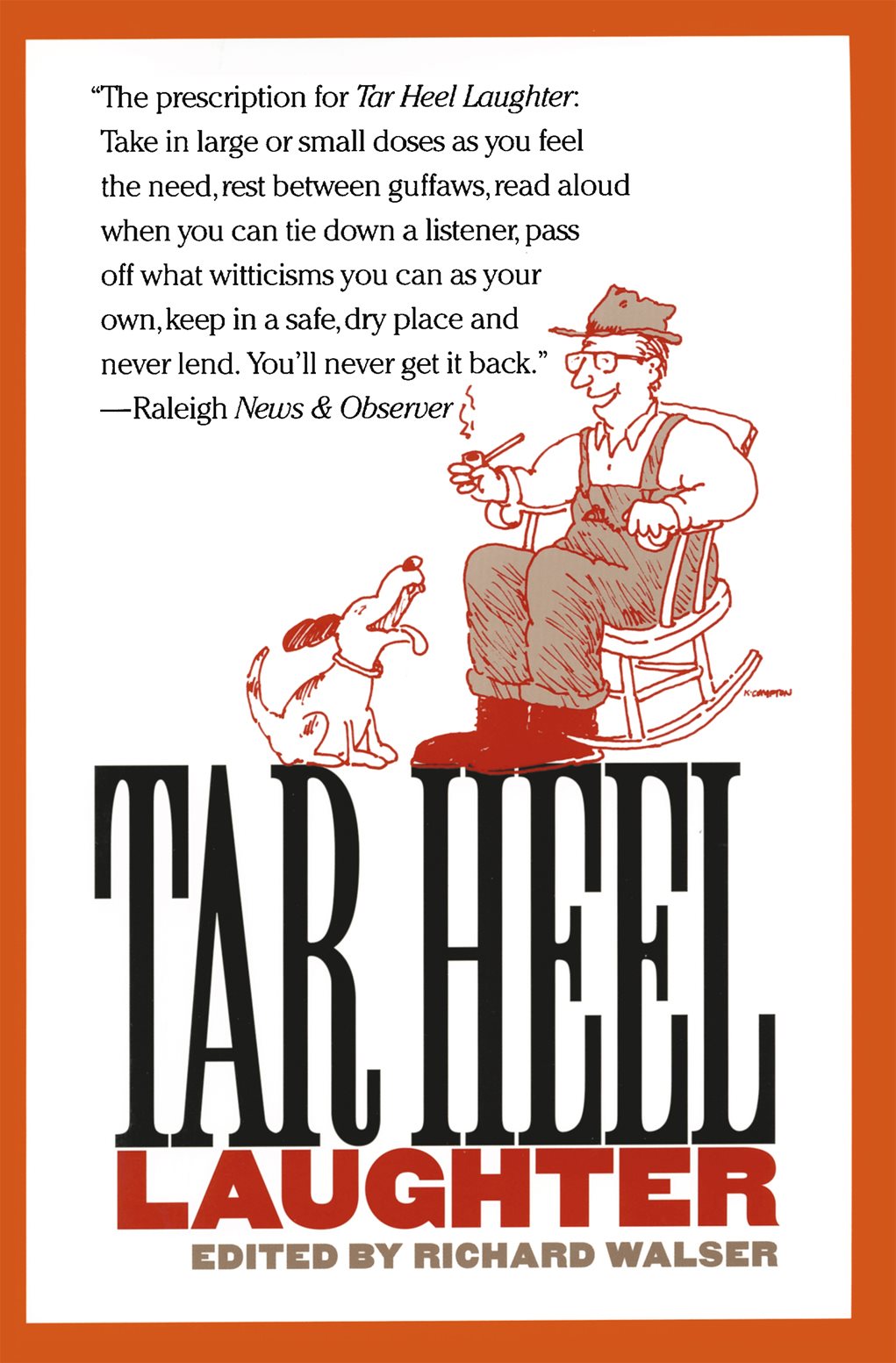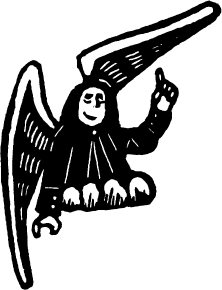Foreword
Laughter, it is said, exercises the muscles, invigorates the lungs, and lightens the depressed spirits. As long as we can laugh, neither pollution nor war nor mans lethal creations shall ever destroy us. For me, wrote O. Henry, it is to laugh. And O. Henrys fellow North Carolinians, back through the years and up to the present, would seem to agree. Except for an implacable mulligrubbing sourpuss, everyone enjoys a joke. A funny story, told or written with a sense of native art, never goes unappreciated, even in the depths of Gates Countys Dismal Swamp. With a laugh, the whole world becomes brighter.
When John Lawson, a happy Londoner exploring the New World, wrote up his journeys of those first dim years of the eighteenth century, the recorded history of North Carolina humor began. Sadly, for more than 120 years thereafter, the records were sparse. Then, during the three decades following Ham Joness famous Cousin Sally Dilliard in 1831, rich comic inventions surged from the minds of fun-loving North Carolinians. At that time, newspapermen, not merely reporters and anecdotists but typesetters as well, were prime chroniclers of North Carolina humor. Salisburys Ham Jones and Miltons C. N. B. Evans epitomized a southern practice and a southern style in the vein of the old Southwest although they lived on its northeastern periphery. Indeed, Johnson Jones Hooper of Wilmington, North Carolina, was one of the most famous humorists of the old Southwest. In 1835, at the age of twenty, Hooper moved to Alabama and thereafter wrote almost exclusively of his adopted state.
After the Civil War, humor in North Carolina once more moved along steadily, if slowly at times. Gradually such favorite antebellum genres as dialect letters, well-nigh indigestible today except for the historians, professional linguists, and lexicographers, disappeared to be replaced by the stories of gifted raconteurs. With the coming of the twentieth century, journalists, who were no longer typesetters but still anecdotists as well as reporters, reaffirmed an earlier pattern that flowered in the decades following. Eventually the litterateurs appeared, throwbacks to Lawson who had written more than two centuries before.
North Carolinians laughed at the writings of them all. But it must be remembered that fashions in humor, like those in other areas, change with the times. While what North Carolinians laughed at, say, a hundred years ago may not be outrageously funny today, it seems appropriate that, in a survey such as the present collection, examples of our ancestors humor, whether currently mirth-provoking or not, be set down.
From the pert observations of John Lawson in 1709 to the folk comedy of Paul Green in 1968 and from the satiric bite of William Byrd to the broad risibility of Carl Goerch are obviously appreciable distances. Less lengthy spans extend from the backwoods hoed own of Harden E. Taliaferro to the ethnic leg-pulling of Harry Golden, from the calculated absurdities of Bill Nye to the literary capers of Thomas Wolfe. Yet all make up a Tar Heels laughter.
Humor, it is generally agreed, is based on the perception of incongruity. The unexpected turn of events, the double entendre, the preposterous exaggeration in a tall tale related by either an unlettered rustic or a novelist of the mid-twentieth century, the surprising concoctions implicit in the solicistic and inelegant vernacular, the ribald and adroit reparteeall are earmarks of North Carolina humor, a humor of rhetorical exhilaration. For the most part it remains a masculine humor of fighters, boasters, hunters, and practical jokers.
There is too, a strange, predictable component in the nature of humor. More than any other type of literary material, humor is a traveling commodity. It is not possible that each selection in a book of regional humor can positively be identified as originating in that region. A wandering anecdote may be heard in Greensboro on Saturday and repeated almost word for word in San Francisco on Monday. No one knows where the story originated or how it arrived in Greensboro or in San Francisco.
From an earlier day, Zeb Vance presents a similar case in point. Seldom can a collector be positive that Vance was the originator of a certain turn of speech, a certain anecdote, a certain incident. Stories that were of doubtful authenticity gravitated to his oversized personality and soon became associated with him, being told by those who knew him or by those who simply had heard of him. Even among the less questionable Vance anecdotes, the germ of truth was soon refined and magnified by constant telling and retelling.
Many of the Vance stories, and others found in this collection, resemble various familiar anecdotes heard under other conditions and in other contexts. Their provenance is uncertain and mysterious. It can be said only that, with the exception of several paragraphs from William Byrd, all entries in this collection have North Carolina sources (not necessarily origins) of some sort.
In his To the Reader at the beginning of Look Homeward, Angel, Wolfe wrote that a novelist may turn over half the people in a town to make a single figure in his novel and recalled Dr. Samuel Johnsons remark that a man would turn over half a library to make a single book. Every collector of humor must duplicate Dr. Johnsons procedure. To make this one book, literally hundreds of books have been turned over, unrewardingly more often than not. A collectors only regret concerns the hundreds of other repositories of unindexed North Carolina humor that were unintentionally passed over.
Since this is a readers edition and not a scholarly one, moderate alterations from primary sources have been made in such matters as punctuation, spelling, and paragraphing. Titles have been supplied when the authors gave none or when excerpts from longer works have been used. Care has been taken, generally, to leave undisturbed and inviolate the humorists words, even when sentences were ungrammatical or incoherent. Except in rare cases (e.g., gnat for nat) dialectical spelling remains intact, though a writer like Taliaferro uses of, ov, uf, and uv without apparent discrimination.
Finally a personal statement: Sometimes books are painful to write or put together, but they must be done, and they are done. At other times things go more easily. But in all the history of book-making, I sincerely believe that no anthologist was ever more joyfully employed than I in putting together Tar Heel Laughter.


